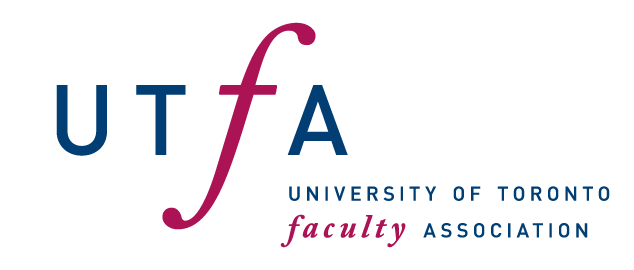Tracy Smith Carrier, The Conversation
Post-secondary education has consistently been linked to the promise of a better life. Graduating from post-secondary study has been identified as the single most important factor affecting intergenerational mobility. Yet, several factors at play today show how this function of post-secondary education is in crisis in Canada.
Shrinking government funding is behind higher university tuition fees. Government funding of Canadian universities in 1982 comprised 82.7 per cent of university operating revenues; by 2012, that percentage went down to 54.9 per cent. By 2019, in Ontario, universities’ receipt of government grants represented a paltry 24 per cent of total university revenues. Many college and university students face significant debt with no guarantee of a decent job.
Universities have adopted labour practices in common with the private sphere that result in a rise of precarious work in universities. In 2016, one-third of part-time professors, many of them women, did not make enough money to raise them above the poverty line.
In the COVID-19 context, young people have reason to be concerned as the entry-level job market has significantly “dried up,” and employers are now revoking job offers or cutting back their graduate recruitment plans.
